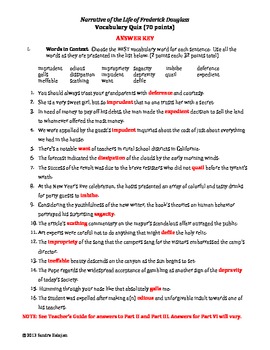
Only while singing was it possible to give in to the feeling, so these songs are among the most impressive episodes in the description of slaves’ life. Slaves had to observe the punishments silently and were unable to change anything, testify against oppressors. Silence is one of the central motives in the book. With this comparison, the author shows the psychology of slaves – they accepted the unbearable rules of life as a necessity and tried to find the positive aspects of their existence.

Working on the Great House Farm gave them more pride than being elected to Congress would give white people (Douglass 28). An overseer who whipped them without pleasure was considered a kind man. Slaves convinced everybody that their master was the best and rewarded themselves with the thought that “the greatness of their masters was transferable to themselves» (Douglass 35). Thus, the rule “a still tongue makes a wise head” was developed (Douglass 34). This powerful phrase illustrates the injustice of slavery’s reality. According to Douglass, “this is the penalty of telling the truth” (33). They could not even tell a stranger about their life because this could be their master, and then a terrible fate would be waiting for them. This sentence depicts the instability of their position because they depended on the mood of their masters. As Douglas notes, “they never knew when they were safe from punishment” (32). Slaves lived in constant fear and expectation of affliction. Racial inequality was a law that could not be broken, and blind obedience was considered the main virtue of slaves. These words, written in the form of strict instruction, reflect masters’ attitude to their slaves. As one slaveholder said, “A nigger should know nothing but to obey his master” (Douglass 47). Education, which could help slaves seek freedom, understand the meaning of the obscure word “abolition”, and cease the state of “slave for life”, was forbidden (Douglass 52).

According to Douglass, this fact deepened his conviction “of the infernal character of slavery” (59). Douglass describes painful memories of his relatives separated from him, for example, his grandmother, who became a victim of her masters’ ingratitude and was left to die in loneliness.

Slaves’ children did not know their age, were taken from their mothers, did not feel the attachment to their home or the peace people feel surrounded by their family. Through the world vision of a child, Douglass honestly tells the readers about the differences he felt between him and white kids.

The book serves as proof that slaves were deprived of the most basic and natural rights.


 0 kommentar(er)
0 kommentar(er)
